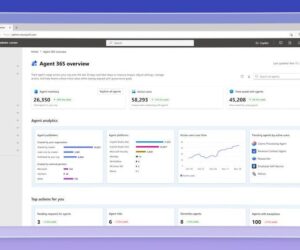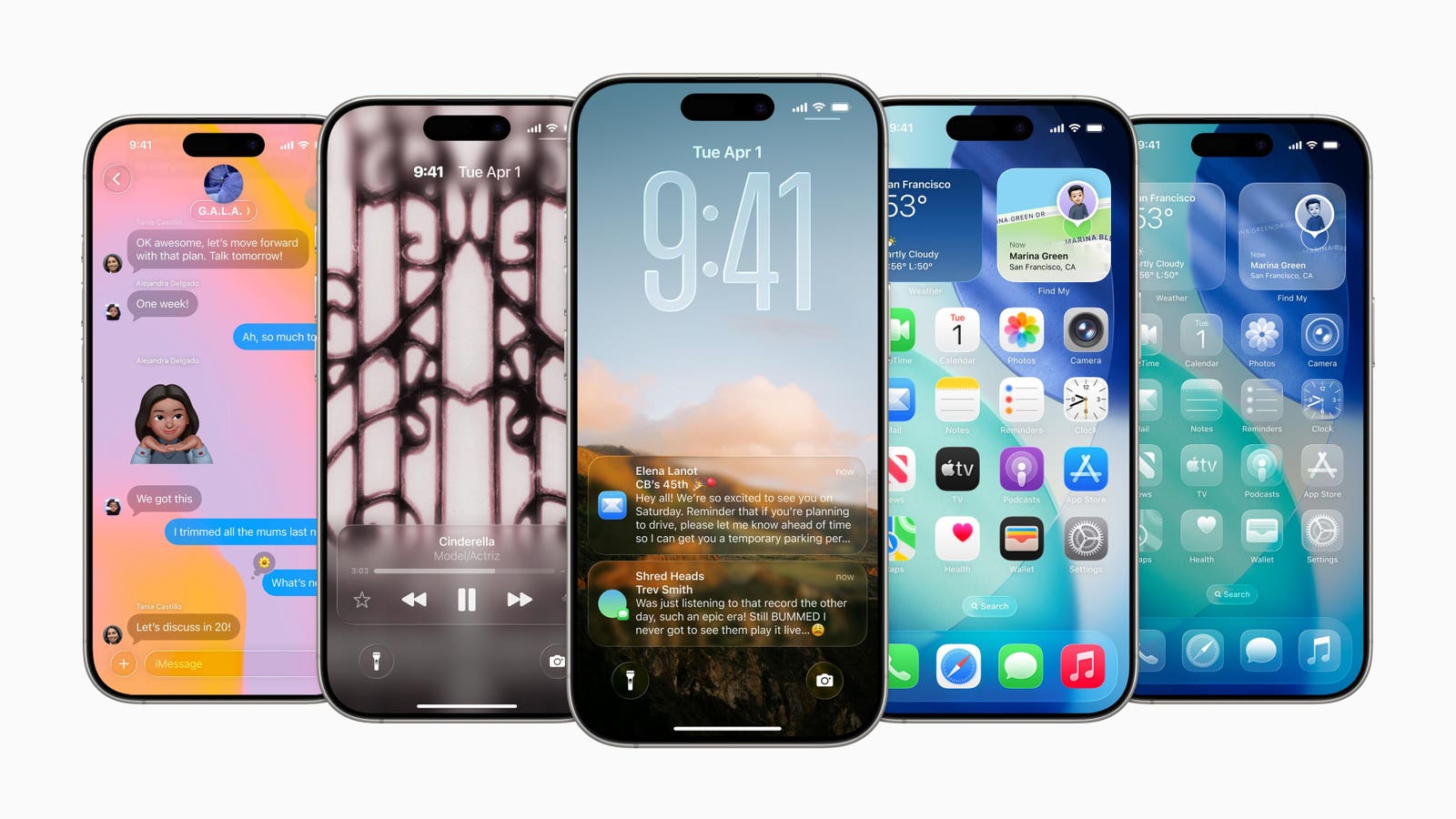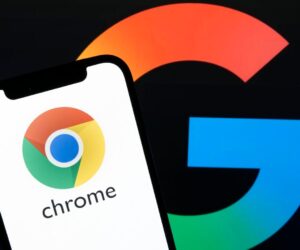Enjoy the silence as Chrome changes.
Jaap Arriens/NurPhoto
Republished on October 14 with Gemini’s latest Chrome upgrade, framing a decision for billions of users as new privacy concerns are raised..
Google has quietly confirmed a major Chrome update coming soon to billions of Smartphone and PC users. While its Gemini in Chrome update dominates the headlines, for many of everyday users this silent change could be just as welcome.
“To help you cut through the noise and reduce notification overload,” Google announced Friday, “we’re launching a new feature to automatically remove notification permission for sites you haven’t interacted with recently.”
This echoes safety protections already built into Chrome, the world’s most popular browser by some distance, which police access to sensitive camera, location and other permissions. Google says its quiet update is coming to both Android and desktop.
This is crucial, Google says, because “data indicates that users frequently receive a high volume of notifications, resulting in minimal engagement and high disruption. Less than 1% of all notifications receive any interaction from users.”
This doesn’t stop useful notifications. “This feature will only revoke permissions for sites when there is very low user engagement and a high volume of notifications being sent.” And “Chrome will inform you when notification permissions are removed.”
It will be grouped under the browser’s “Safety Check” settings, which also includes enhancements to Safe Browsing and enables users to quickly check their setup.
Google says its tests “show a significant reduction in notification overload with only a minimal change in total notification clicks. Our experiments also indicate that websites that send a lower volume of notifications are actually seeing an increase in clicks.”
As PC Mag points out, “it’s not just Chrome” that’s getting this kind of update. There’s now a silent theme across the platforms. “Google seems to have been taking steps lately to reduce notification overload across its entire product line. In May, YouTube began testing a feature where users would no longer receive push notifications from a particular channel if they hadn’t engaged with it recently, though the alerts would still be available via the notification inbox in the YouTube app.”
Quieter times are on the way.
In terms of the practicalities of this update, Android Police explains “while Chrome notifies users when it disables the notifications, it hasn’t clarified what qualifies as low engagement. So, if you don’t want to miss notifications from certain websites, make sure you visit them frequently, or simply turn off the feature. However, it’s worth noting that it won’t impact the notifications you receive from Progressive Web Apps (PWAs).”
For many users debating Chrome versus the competition, the two more critical decision points will be new AI browsing upgrades, including Gemini in Chrome, and which browser best safeguards their privacy.
The news on that front is less good for Chrome users. Google’s very unquiet Gemini in Chrome upgrade has introduced a new level of tracking that users will need to get themselves comfortable with quickly, as the world’s favorite browser changes.
Gemini in Chrome continues to silently expand its Android footprint. Per 9to5Google, “activating the Gemini overlay in Chrome for Android now lets you quickly Summarize pages. This ‘Summarize page’ chip joins the existing ‘Share screen with Live’ and ‘Ask about page’ above the Gemini prompt bar.”
Phone Arena says “Gemini is your best choice in my opinion. You can get in depth answers to any question, summarize websites, and as we’ve already mentioned, you can now set your alarm and timer using Gemini.”
While Android Police says “Google is still working on how to make Gemini as convenient as possible for users. From its tumultuous rollout of AI overviews to its slow addition of features to Google Maps, the company seems to be perennially in the midst of a new launch for the popular AI model.”
But Surfshark has warned that “Gemini in Chrome: collects the most user data among all browser-integrated AIs. Google’s mobile browser, Chrome, along with its integrated agentic AI, Gemini, collects the most data among the analyzed browsers with integrated agentic AIs. If you use Chrome together with Gemini on your phone, they collect 24 different data types directly linked to you. This data includes your name, location, device ID, browsing and search history, product interactions, and purchase history.”
All in all a mixed bag for Android’s Chrome users. The notification silencing is undoubtedly a good thing, but the privacy compromises with Gemini mean it’s decision time for the billions of users defaulting to Chrome on their mobile devices. You can be certain that there’s more to come though. The decision will only become more acute.









